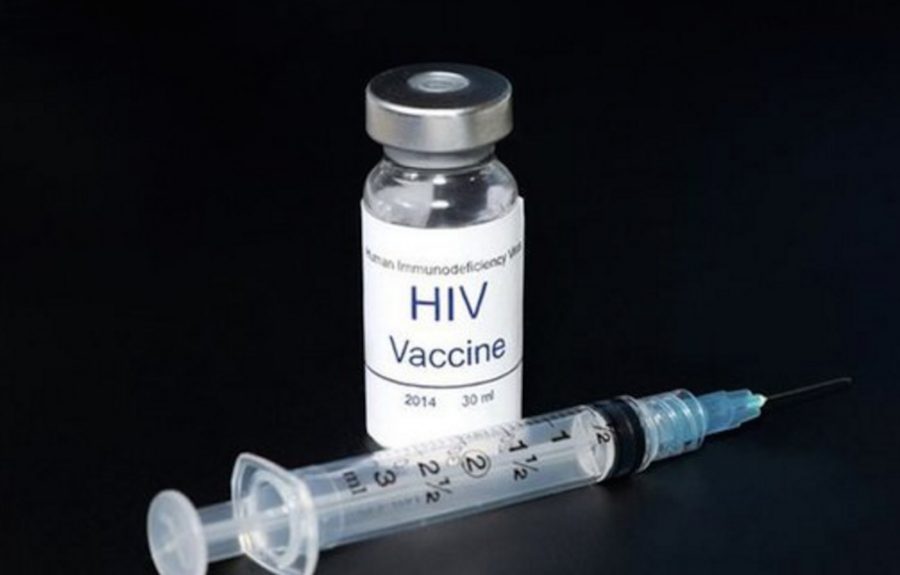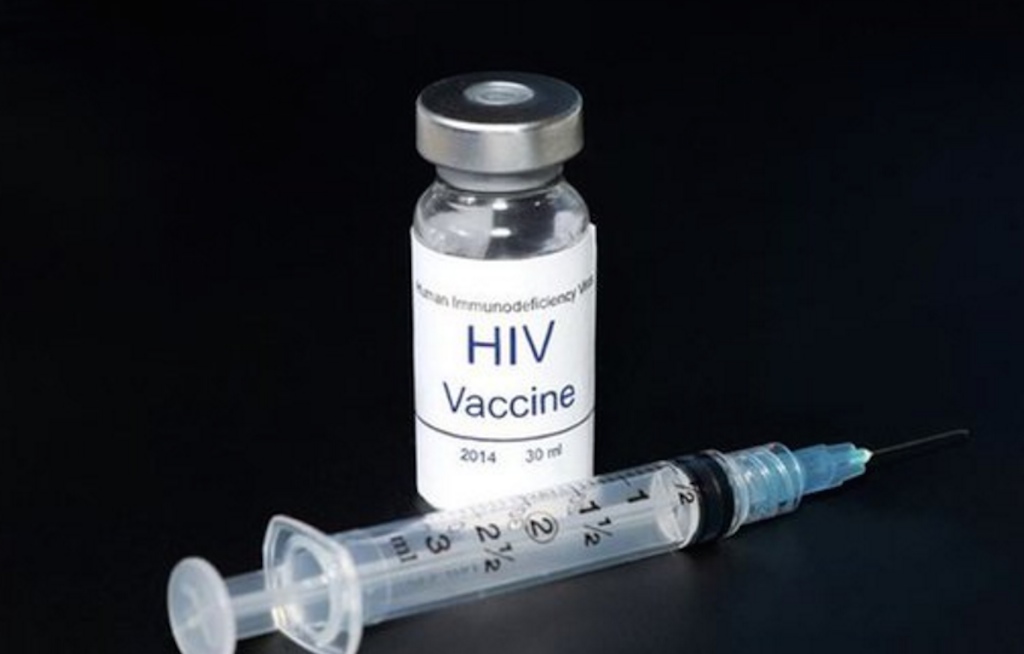
New HIV Vaccine to Be Tested by US in South Africa
U.S. health officials announced on Wednesday that an experimental AIDS vaccine that has worked better than anything else so far will undergo “largescale” testing in South Africa – “where HIV is more pervasive than anywhere else in the world” – from November, the first such test in seven years. In its statement, the National Institutes of Health, […]

U.S. health officials announced on Wednesday that an experimental AIDS vaccine that has worked better than anything else so far will undergo “largescale” testing in South Africa – “where HIV is more pervasive than anywhere else in the world” – from November, the first such test in seven years.

In its statement, the National Institutes of Health, or NIH, said an earlier vaccine, tested in “a landmark 2009 study” in Thailand and which prevented infection by about one-third, has hopefully been improved upon. The study will start pending regulatory approval.
“This new study, called HVTN (HIV Vaccine Trials Network) 702, is designed to determine whether the regimen is safe, tolerable and effective at preventing HIV infection among South African adults,” the NIH said.
“A safe and effective HIV vaccine could help bring about a durable end to the HIV/AIDS pandemic and is particularly needed in southern Africa, where HIV is more pervasive than anywhere else in the world,” said Anthony S. Fauci, director of the National Institute of Allergy and Infectious Diseases, part of the NIH and a co-funder of the trial.
The SA study will be led by Dr Glenda Gray, president and CEO of the South African Medical Research Council, research professor of pediatrics at the University of the Witwatersrand, Johannesburg, and a director of the Perinatal HIV Research Unit at Chris Hani Baragwanath Hospital in Soweto. The study will enroll 5,400 HIV-uninfected men and women ages 18 to 35 who are at risk for HIV infection. Results are expected in late 2020.
According to the NIH, “The current regimen is designed to provide greater protection than the RV144 regimen (the one used in Thailand in 2009) and has been adapted to the HIV subtype that predominates in southern Africa.”
NIH said the vaccine in the 2009 study was found to be 31.2 percent effective at preventing HIV infection during the 3.5 years after vaccination, although the regimen appears to have been 60 percent effective one year after vaccination.
“In the HVTN 702 study, the design and schedule of the RV144 vaccine regimen have been adjusted to try to increase the magnitude and duration of vaccine-elicited immune responses,” it said.